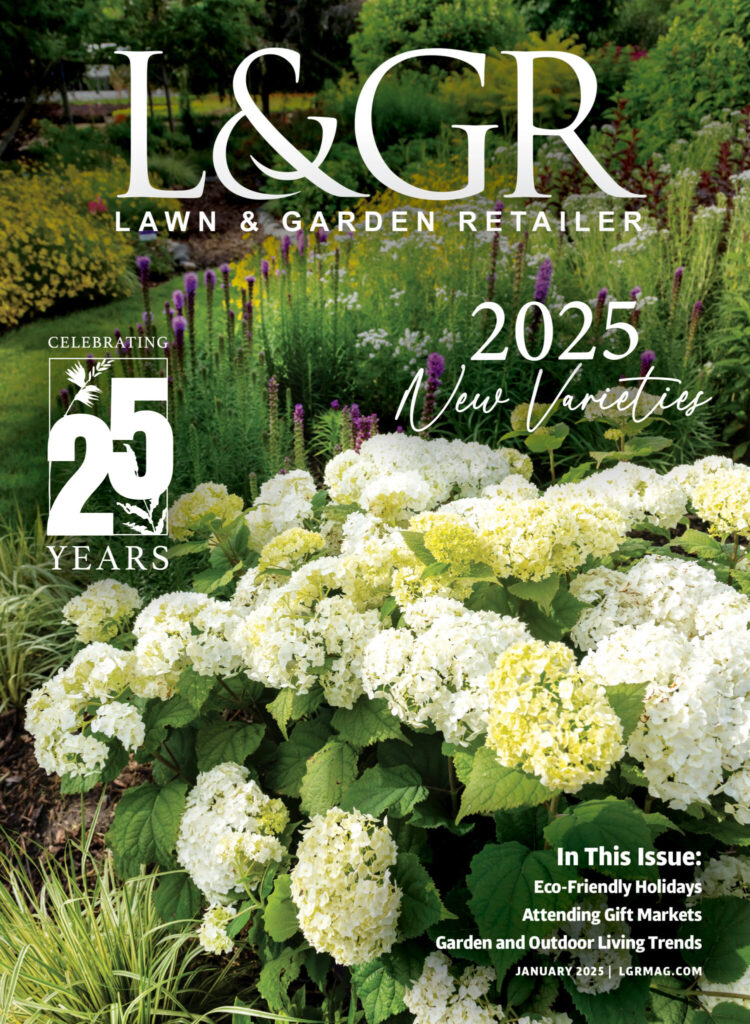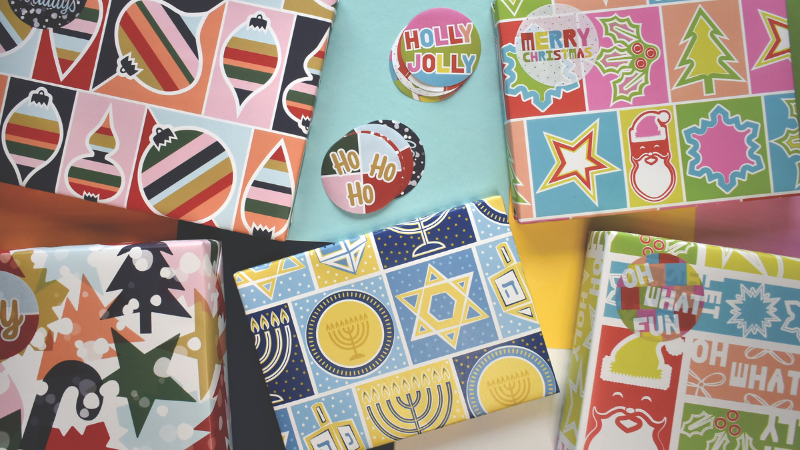
Eco-conscious holiday offerings
Waste generated from holiday party supplies in the U.S. is difficult to calculate accurately due to the range of materials used for parties such as plastic cups, plates, utensils, balloons, streamers, food and more. The U.S. Environmental Protection Agency (EPA) reported that the U.S. generates 292.4 million tons of municipal solid waste annually, with celebrations and events accounting for a significant part of this.
When it comes to assisting customers with planning their next celebration, retailers can promote products that can help reduce waste.
Reusable Wrapping Paper
An estimated 2.6 billion pounds of wrapping paper is thrown away each year in the U.S. alone, according to San Diego State University.
Discarded wrapping paper can take years to decompose since it is often coated with dyes and glitter. In addition, tape, ribbons, bows and plastic ornaments that are used to wrap and adorn gifts contribute to the waste since they usually aren’t biodegradable.
There are many benefits to using eco-friendly or reusable giftwrap, from reducing waste to saving money from purchasing new product every year.
Wholesaler Wrappr offers a variety of alternatives to single-use wrapping paper, including its flagship product: Furoshiki giftwrap, a traditional Japanese wrapping cloth. It can be used for a variety of purposes, such as wrapping gifts, carrying items and storage. Furoshiki is made with organic cotton, recycled polyester and mulberry silk.
The Furoshiki wrap can be a little intimidating from someone who has never done it before, said Brittany Trafford, founder of Wrappr. The company includes tutorials on its website that are very simple and catered to an audience new to the wrap.
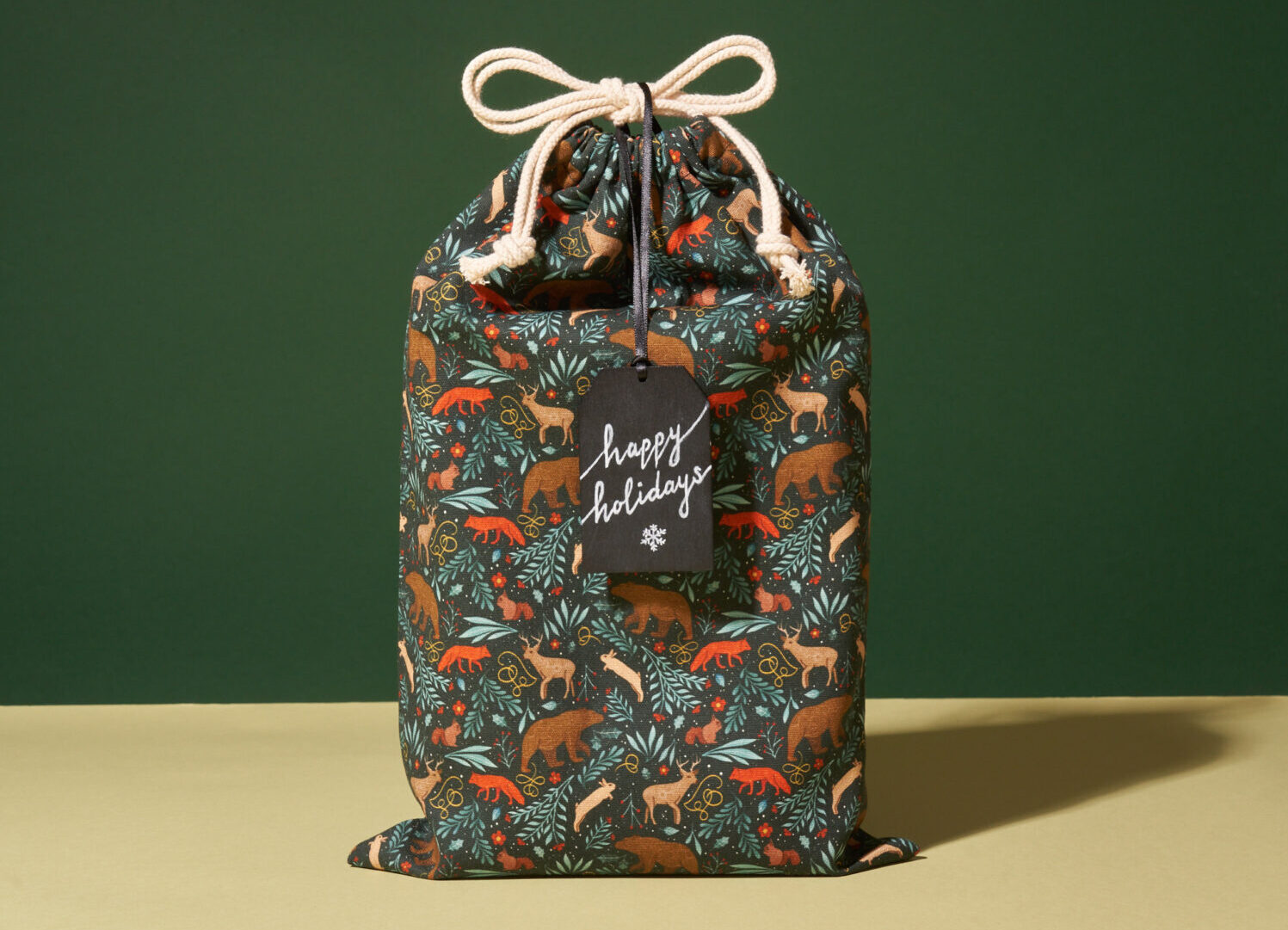
“We’re trying to be creative and come up with solutions that you know can eliminate the need for one-time-use brand products,” Trafford said. “I think any retailer or brand who also has a mission for sustainability, any of these products would be attractive to them.”
When Trafford started the company five years ago, Furoshiki giftwrap was the only product offered, but Wrappr has since expanded to offer more options as the demand for reusable giftwrap has grown. The company recently launched reusable fabric gift bags and gift tags and plans to launch fabric ribbons as well, Trafford said.
“When we started this five years ago, there were not many competitors for Furoshiki wrap, and it’s definitely become more popular in these last five years,” she said. “We have plenty of competitors now, which I think is a good thing.”
Trafford said the solution to reducing the amount of waste when it comes to giftwrap does not have to be complicated.
“The solution is actually very simple,” she said. “It’s just a change of behavior for people. Instead of reaching for giftwrap automatically, just try something different.”
Trafford said Wrappr has two main missions: to eliminate the waste created by gifting and to support artists. The company commissions artwork from independent artists all over the world.
“Everything about our company is intended to do this circular design with the product itself and how it’s used over and over again,” she said. “Then also for the artists, their artwork is being seen over and over and over again as it’s passed through this network of friends and family through gifting.”
Stylish Sustainability
MASU, a creator of eco-friendly giftwrap, greeting cards, gift tags and stickers, is also making its mark in eco-friendly partyware. Libby Hampel, founder and designer at MASU, said the company offers products that make every occasion both eco-friendly and fabulous.
“Eco-friendly party products that look and feel good are the future,” Hampel said. “Consumers want these products that have interesting shapes, beautiful colors and sophisticated yet fun patterns that enhance the overall aesthetic.”
Eco-conscious paper plates, cups and utensils are becoming more common, she said. While not always perfect, creating these items out of compostable or biodegradable materials — such as bamboo, corn-based materials, FSC-certified paper and unbleached plant fibers — is a step in the right direction.
“Parties thrown with eco-friendly products reduce environmental impact, create a unique and thoughtful experience, inspire others to throw sustainable soirées, and help avoid toxic chemicals and additives found in plastic,” she said.
Hampel said when retailers carry eco-friendly products, they meet a growing consumer demand, enhance their reputation and differentiate themselves since consumers are actively seeking sustainable alternatives.
“Retailers can fulfill this demand, attract a broader audience and benefit from shifting buyer behaviors,” she said. “Being the eco-friendly option on the block sets you apart and opens the door to more shoppers.”
For an enhanced reading experience, view this article in our digital edition.

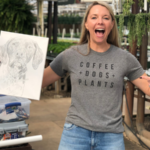
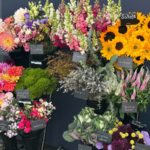
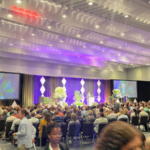

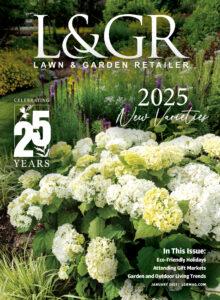





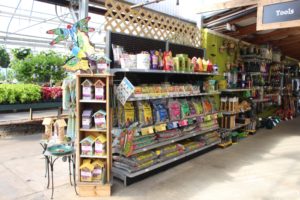

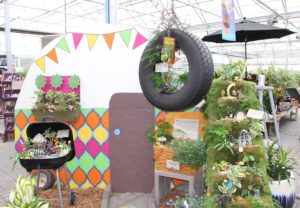
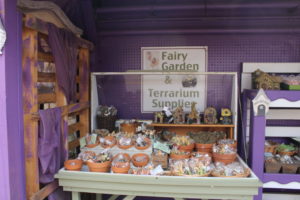
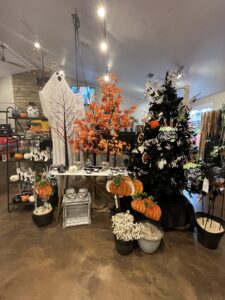


 Videos
Videos




